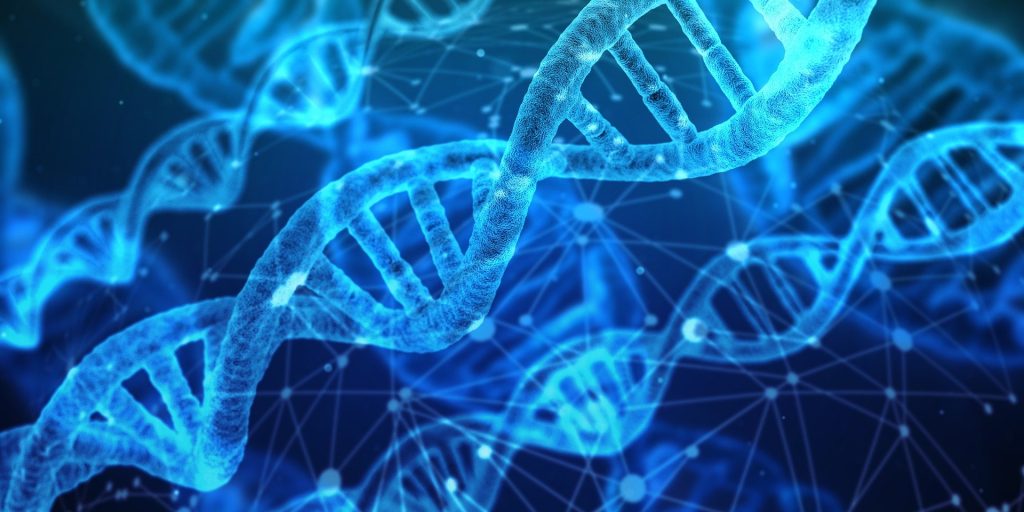
An international research effort has developed a new strategy to treat Huntington disease, which demonstrated that converting the disease-causing protein to its disease-free form results in it still retaining its original function. This discovery, published in the Journal of Clinical Investigation Insight, provides new avenues to approach Huntington disease.
Huntington disease is a rare neurodegenerative disorder with a worldwide prevalence of 2.7 per 100 000. Huntington’s disease is a dominantly inherited neurodegenerative disease and is caused by a mutation in a protein called ‘huntingtin’, which adds a distinctive feature of an expanded stretch of glutamine amino acids called polyglutamine to the protein. The patients would suffer a decade of regression before death, and, thus far, there is no known cure for the disease.
The cleavage near the stretched polyglutamine in mutated huntingtin is known to be the cause of the Huntington disease. However, as huntingtin protein is required for the development and normal function of the brain, it is critical to specifically eliminate the disease-causing protein while maintaining the ones that are still normally functioning. The research team showed that huntingtin delta 12 – the converted form of huntingtin that is resistant to developing cleavages at the ends of the protein, known to be the cause of Huntington disease – alleviated the disease’s symptoms while maintaining the functions of normal huntingtin.
Source: The Korea Advanced Institute of Science and Technology (KAIST)

